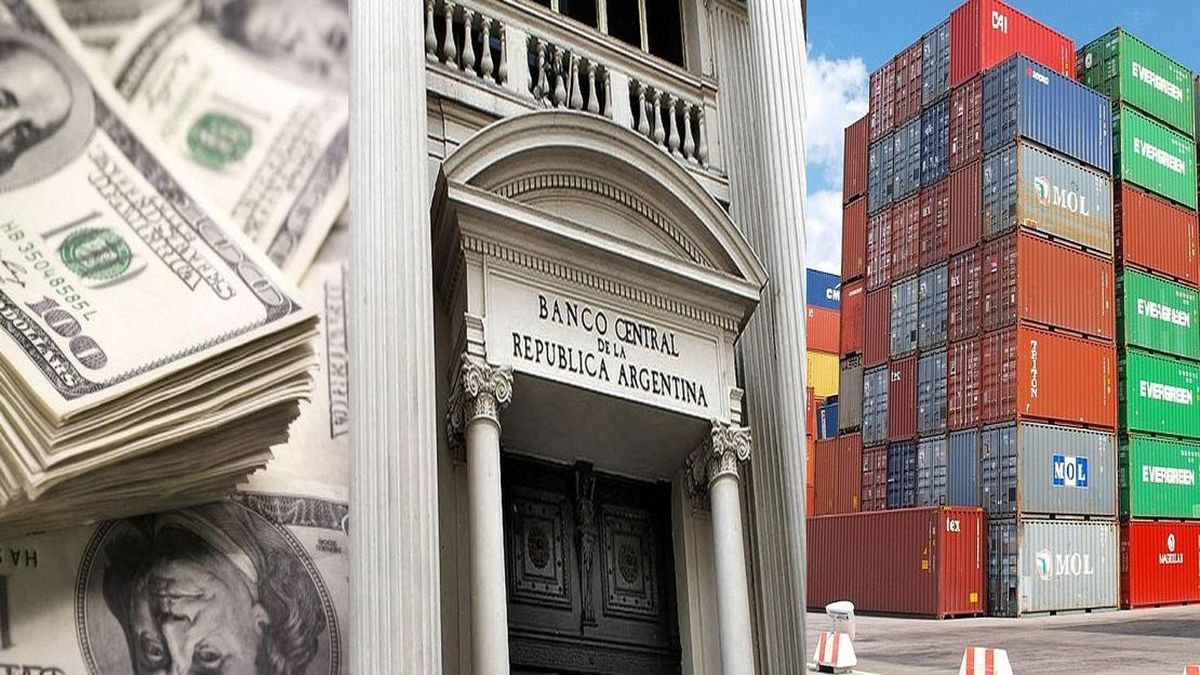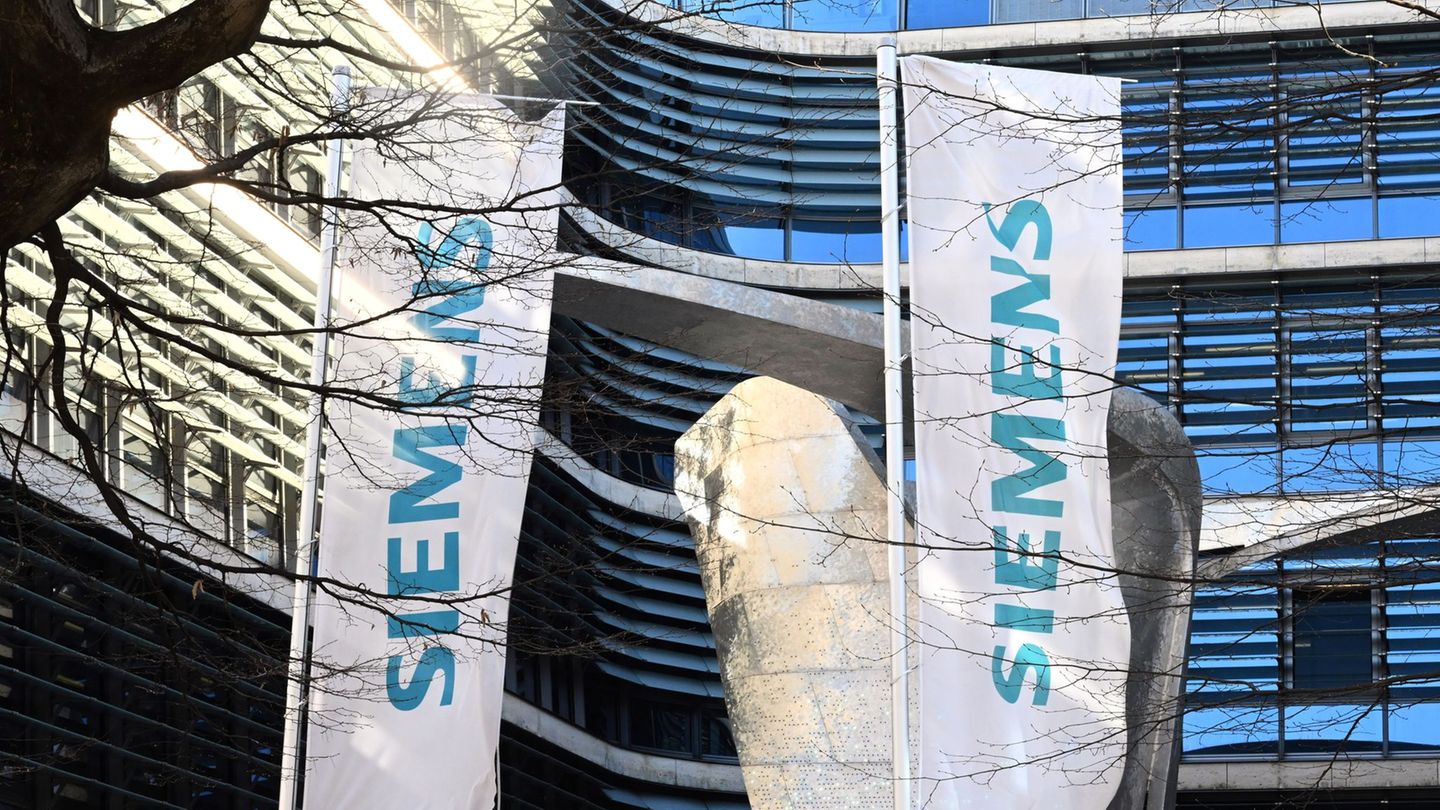This measure has an impact on the lowering of company costswhich will influence, to some extent, the prices of goods, the Central Bank reserves and the dollar.
Consulted by Ámbito, Marcelo Elizondo, Chairman of ICCArgentina and ICC World ExecutiveBoard, positively described the measure, which tends towards a “normalization” of trade. “It will make imports cheaper and that will improve internal competition within Argentina, where there is a lot of oligopoly. Argentina is one of the three countries with the lowest level of imports in relation to its GDP in the world and that must be corrected.”
For importers, consulted by this medium, represents another step forward on the path to gaining “competitiveness and lowering costs”, although They maintain the expectation of the exit of the exchange rate in 2025, which will represent a process of total normalization of foreign trade.
For the economist Federico Vacarezza, The announced measure will have a positive effect, because the COUNTRY Tax It represented 7.5% of the imported value.
On the other hand, he clarified that in concrete terms Importers are going to save US$400 million in imports with this change and will have an effect on internal prices. It is important to remember that the reduction in import rates has a key correlation in wholesale inflation, above all, waiting for that number to be seen in retailers. Two importers told this medium that, at least, their products will have a price reduction of between 7.5% and 10%.
Bye COUNTRY Tax: who will benefit the most
“Those who are going to Those who import inputs for manufacturing and re-exporting will benefit the most.. Therefore, this measure also normalizes the export capacity of manufacturing companies,” added Vacarezza. A key variable that reflected this trend is the INDEC’s Manufacturing Industrial Production Index (IPI), which recorded its third consecutive monthly advance in Septemberslowly overcoming the crisis it went through in the first half of the year.
Another sector, such as Argentine Chamber of the Toy Industry, celebrated the elimination of the PAIS Tax, since they will be able to access imported raw materials at a lower cost. They added that this will translate into a lower price of the final product.
“The supply of raw materials, which is concentrated in a few petrochemical companies like DOW, should be carried out at lower prices with the fall of the PAIS Tax. We currently pay more for raw materials than in other toy-producing countries such as Mexico and Brazil,” explained the president of the entity. Matías Furió.
Since the industrial SMEs warned that the increase in imports of finished products could affect the competitiveness of national production, especially in sectors such as clothing, footwear and electronics. With no tax reduction in sight for these sectors, they continue to demand equal conditions, while they seek to reconvert in this new panorama of commercial openness.
Importers warned that currently “there is no internal market”
PAIS tax: the impact of the measure on inflation, reserves and the dollar
So far, importing companies continue to add positive news such as:
- Shortening payment terms, from 60 to 30 days
- End of the COUNTRY tax
- Sectoral tariff reductions
- “Backward” exchange rate – considered by some analysts – to make imports cheaper
- Economic reactivation in some sectors such as the automotive sector
For companies, Retail sales have already hit the floor and what follows is only growth.
“The first reading is that such a low exchange rate is a challenge for the external sector, since it could deepen the current account deficitwhich would imply a greater influx of capital to finance it. However, the objective of the economic team would be prices. Just as the reduction of the COUNTRY tax rate from 17.5% to 7.5% would have impacted the price of goods, the The government would try to give it one more push with this additional reduction,” PPI explained.
“In October the prices of non-regulated goods (total goods excluding fuel and tobacco, given their high tax component), decelerated from the almost constant rate of 3% that they had shown between June and September to 1.9%. Considering that these goods represent 65.2%, the impact on the CPI would be relevant, although a one-time change (not a change in the speed at which prices run), which could occur spread between December and January“added the consultant.
“The elimination of the perception is a relief for importers that goes in the direction of getting goods, inputs and why not services that improve the dynamics of activity and contribute to decelerating inflationary pressure, something that is a priority for this management. It is a step prior to the elimination of the tax“explained Andrés Reschini, analyst at F2 Soluciones Financieras.
At the same time, he warned that the growth of imports has its correlation generating greater demand for foreign currency and can reduce the purchasing capacity of the Central Bank. However, the Oil & Gas sector could “increase the supply.” In any case, he clarified: “I think there will be a greater impact when the tax is eliminated” and he announced that, regarding the dollar, ““more proportion of imports is going to take away demand from financiers.”
Regarding stock market dollars, economist Andrés Salinas asked Scope that when the tax was lowered in September, it affected financiers with a reduction. “The issue there was that the gap was around 30%, and today it is around 10%. That is, there is less ground to correct. With this, I understand that there are not going to be major impacts, at least in the MEP and the blue. On the CCL side, it will depend on what is done with the “blend”, since if it is eliminated, the supply of dollars in that market will decrease and we may see some other movement,” he admitted.
Finally, he relativized the impact on BCRA reserves: “In my opinion, the change is not so significant as to affect the level of reserves considerably or to undermine the Government’s plan.”
Source: Ambito
I am Pierce Boyd, a driven and ambitious professional working in the news industry. I have been writing for 24 Hours Worlds for over five years, specializing in sports section coverage. During my tenure at the publication, I have built an impressive portfolio of articles that has earned me a reputation as an experienced journalist and content creator.




